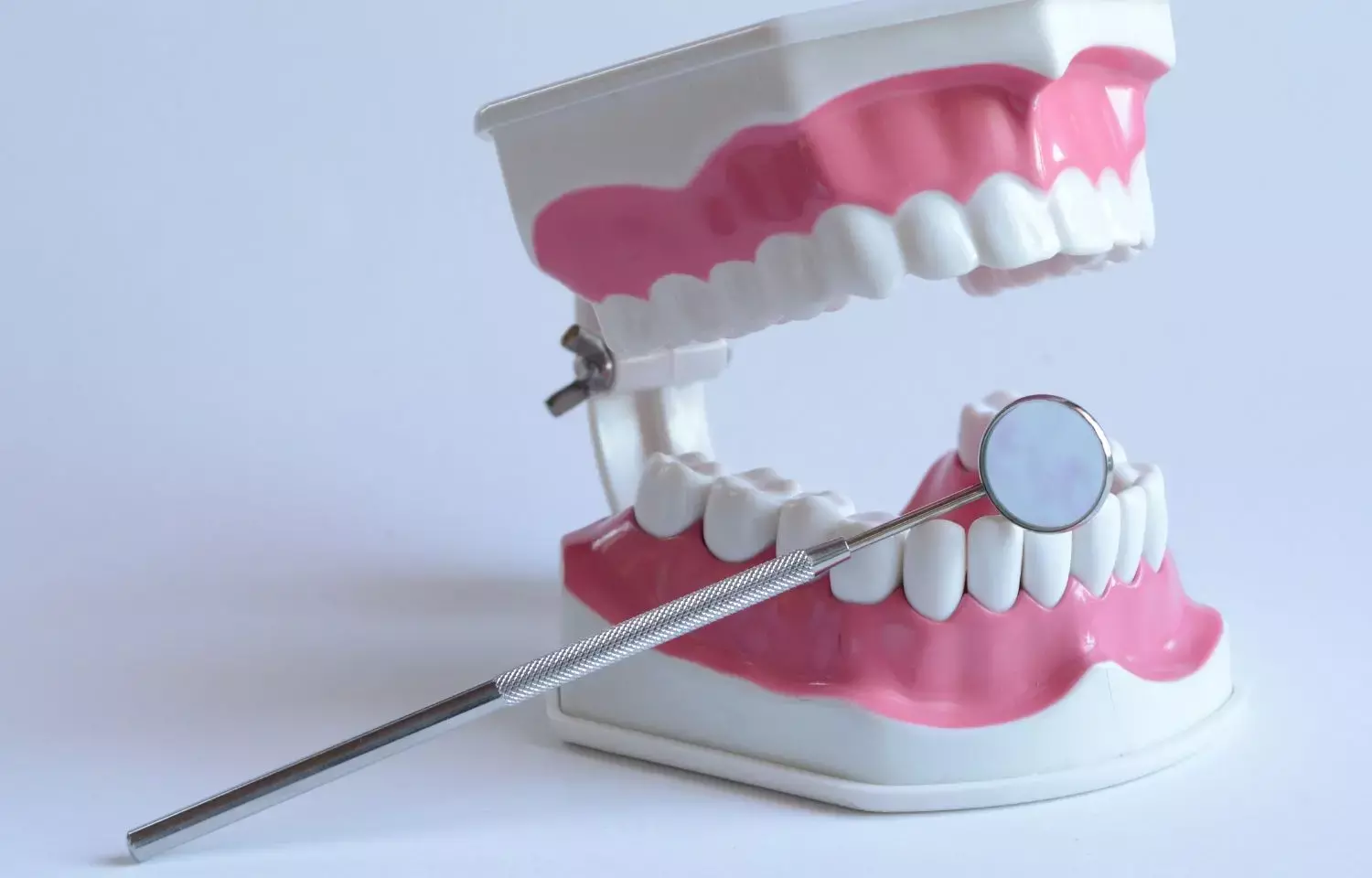- Home
- Medical news & Guidelines
- Anesthesiology
- Cardiology and CTVS
- Critical Care
- Dentistry
- Dermatology
- Diabetes and Endocrinology
- ENT
- Gastroenterology
- Medicine
- Nephrology
- Neurology
- Obstretics-Gynaecology
- Oncology
- Ophthalmology
- Orthopaedics
- Pediatrics-Neonatology
- Psychiatry
- Pulmonology
- Radiology
- Surgery
- Urology
- Laboratory Medicine
- Diet
- Nursing
- Paramedical
- Physiotherapy
- Health news
- Fact Check
- Bone Health Fact Check
- Brain Health Fact Check
- Cancer Related Fact Check
- Child Care Fact Check
- Dental and oral health fact check
- Diabetes and metabolic health fact check
- Diet and Nutrition Fact Check
- Eye and ENT Care Fact Check
- Fitness fact check
- Gut health fact check
- Heart health fact check
- Kidney health fact check
- Medical education fact check
- Men's health fact check
- Respiratory fact check
- Skin and hair care fact check
- Vaccine and Immunization fact check
- Women's health fact check
- AYUSH
- State News
- Andaman and Nicobar Islands
- Andhra Pradesh
- Arunachal Pradesh
- Assam
- Bihar
- Chandigarh
- Chattisgarh
- Dadra and Nagar Haveli
- Daman and Diu
- Delhi
- Goa
- Gujarat
- Haryana
- Himachal Pradesh
- Jammu & Kashmir
- Jharkhand
- Karnataka
- Kerala
- Ladakh
- Lakshadweep
- Madhya Pradesh
- Maharashtra
- Manipur
- Meghalaya
- Mizoram
- Nagaland
- Odisha
- Puducherry
- Punjab
- Rajasthan
- Sikkim
- Tamil Nadu
- Telangana
- Tripura
- Uttar Pradesh
- Uttrakhand
- West Bengal
- Medical Education
- Industry
Diet Strongly Influences Enamel Hypoplasia Risk in Children: Study

Researchers have found in a new study that high sugar intake and vitamin D deficiency significantly contribute to enamel hypoplasia in children, while calcium-rich diets provide a protective effect, highlighting the critical role of nutrition in dental health.
Enamel hypoplasia is a developmental defect of enamel characterized by incomplete or defective enamel formation. It is often influenced by genetic, systemic, and environmental factors, including diet. A cross-sectional study was conducted on 200 children aged 6–12 years from urban and rural schools. Data were collected through structured dietary questionnaires and oral examinations to assess the presence and severity of enamel hypoplasia.
Dietary intake was classified into groups based on sugar frequency, calcium-rich foods, and vitamin D levels. Enamel hypoplasia was graded using the Modified Developmental Defects of Enamel Index (DDE Index). Statistical analysis was performed using Chi-square tests and logistic regression to evaluate associations. Results: Out of 200 children, 72 (36%) exhibited signs of enamel hypoplasia. High sugar consumption was significantly associated with enamel hypoplasia (P < 0.001), with 48% of children in the high-sugar group presenting with defects compared to 18% in the low-sugar group.
Calcium-rich diets were protective, as only 10% of children with adequate calcium intake showed enamel hypoplasia (P < 0.05). Vitamin D deficiency was identified in 62% of affected children, indicating a strong correlation (P < 0.01). Logistic regression revealed that high sugar intake increased the odds of enamel hypoplasia by 2.8 times (OR = 2.8, 95% CI: 1.6–4.7). Diet plays a pivotal role in the development of enamel hypoplasia in children. High sugar consumption and vitamin D deficiency are key contributors, while calcium-rich diets offer protection.
Reference:
Meena M, Aijazuddin A, Kumawat R, Saxena S, Rajput T, Jaidupally RR. Assessing the Impact of Diet on Enamel Hypoplasia in Children. J Pharm Bioallied Sci. 2025 Jun;17(Suppl 2):S1972-S1974. doi: 10.4103/jpbs.jpbs_1818_24. Epub 2025 Jun 18. PMID: 40655848; PMCID: PMC12244768.
Dr. Shravani Dali has completed her BDS from Pravara institute of medical sciences, loni. Following which she extensively worked in the healthcare sector for 2+ years. She has been actively involved in writing blogs in field of health and wellness. Currently she is pursuing her Masters of public health-health administration from Tata institute of social sciences. She can be contacted at editorial@medicaldialogues.in.
Dr Kamal Kant Kohli-MBBS, DTCD- a chest specialist with more than 30 years of practice and a flair for writing clinical articles, Dr Kamal Kant Kohli joined Medical Dialogues as a Chief Editor of Medical News. Besides writing articles, as an editor, he proofreads and verifies all the medical content published on Medical Dialogues including those coming from journals, studies,medical conferences,guidelines etc. Email: drkohli@medicaldialogues.in. Contact no. 011-43720751


